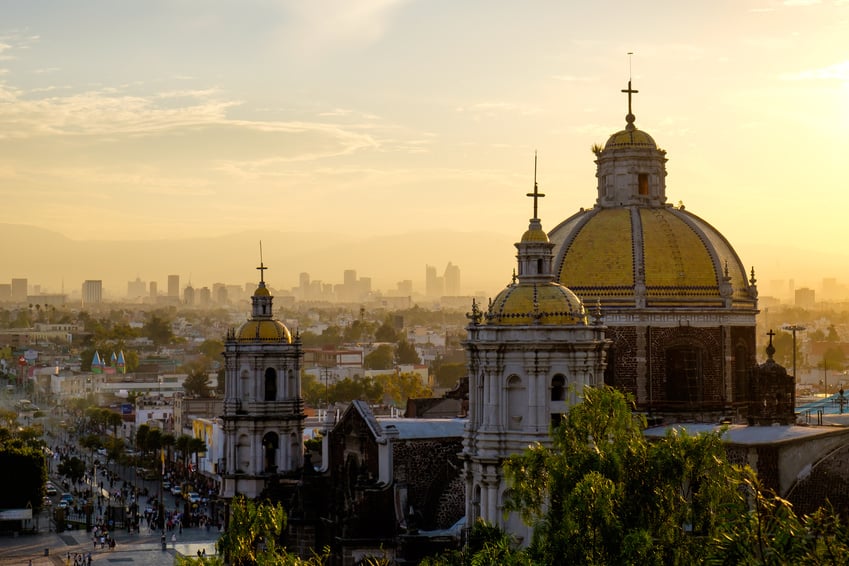The 2024 edition of Baker McKenzie’s International Guide to Contaminated Land offers an overview of national laws and regulations in over 30 countries governing the discovery, management and clean-up of environmental impacts at industrial sites. The guide addresses the key legal issues and risks that must be understood and assessed to ensure the effectiveness of any response to environmental contamination.
On 28 March 2023, the Mexican President introduced a bill to Congress, containing a decree that amends, adds and repeals various provisions of the Mining Law, the National Water Law, the Ecological Balance and Environmental Protection Law, and the General Law for the Prevention and Integral Management of Waste, in relation to mining and water concessions.
Mining is a priority activity for a country’s economic growth, as it provides the minerals and raw materials needed for different industrial sectors. If approved as proposed, this initiative would hamper the development of the sector by restricting the exploration, exploitation and processing of these minerals.
On 11 March 2022, the Ministry of Environment and Natural Resources published in the Official Federal Gazette Mexican Official Standard NOM-001-SEMARNAT-2021 (“NOM-001/21”) that establishes maximum allowable pollutant limits for wastewater discharges into national receptive bodies.
NOM-001/21 will become effective on 11 March 2023, even though certain parameters contained in the standard will become effective in April 2023 and at the fourth anniversary of its entry into force (such as true color and acute toxicity). Upon becoming effective, it will replace NOM-001-SEMARNAT-1996 (“NOM-001/96”).
NOM-001/21 will have to be complied with by whoever discharges wastewater into a national receptive body, but not in the case of discharges into municipal rainwater collection or sewage systems because these discharges will continue to be regulated by NOM-002-SEMARNAT-1996.


